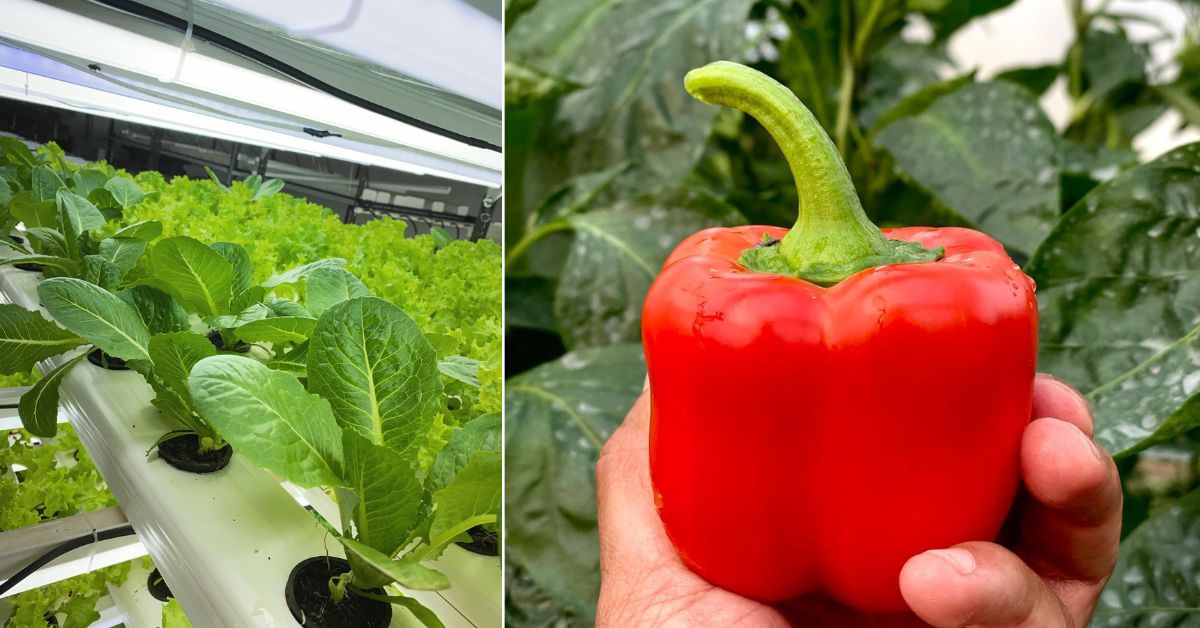Until 2016, Pritpal Singh’s family in Chandigarh had been cultivating wheat and paddy for 50 years. “The culture of monocropping is prevalent in Punjab and Haryana where most families grow paddy and wheat throughout both Kharif and Rabi seasons. Sticking to specific crops year after year eventually leads to an increase in soil-borne diseases and substantially decreases the fertility of soil,” he says.
Pritpal was always intrigued by new ways to make farming more profitable and reduce the risks associated with traditional agricultural practices. This quest led him to quit his three-year long corporate career and turn to farming. “Coming from a family of farmers, I was always connected to my roots, even during my higher studies in Nagpur and my job in Mumbai.

Whenever I got a chance, I visited my farm, contemplating how to transform it into a profitable venture for the next generation,” he shares. “When I told my parents about my decision to pursue farming full-time, their first concern was also about the new approaches I wanted to try,” adds the MBA graduate. Pritpal went on to turn his ancestral farm into a thriving business with 25,000 green leafy plants such as lettuce and spinach flourishing in an 8,000 square-feet area.
Every month, he harvests up to 800 kg of leafy greens, achieving five times the yield compared to conventional farming while using fewer resources. This was possible due to the protected cultivation where crops are grown without soil! “Ther.
















